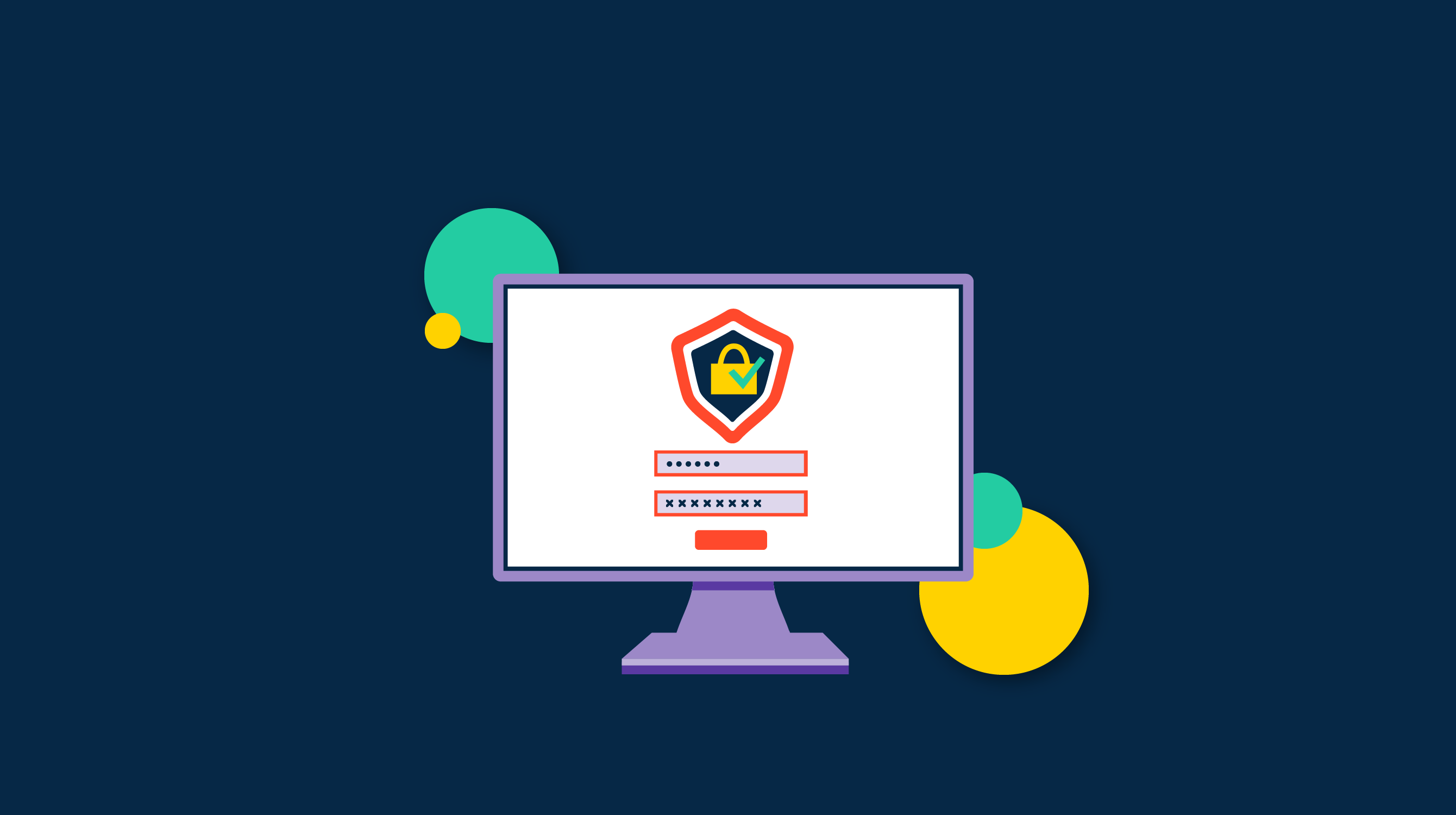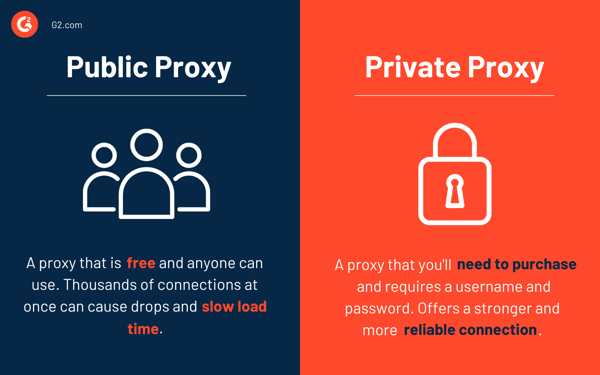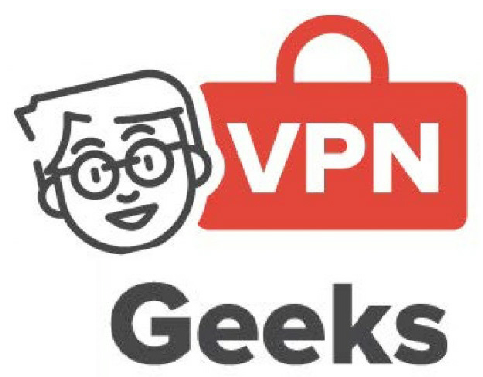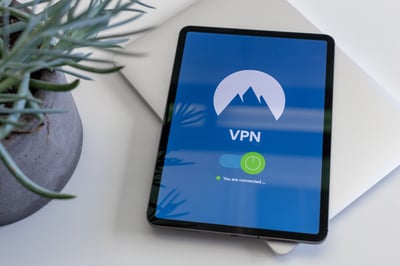September 9, 2024
 by Mara Calvello / September 9, 2024
by Mara Calvello / September 9, 2024

Every click, every search, every post leaves a trail of data. From your browsing history to your location, a wealth of personal data is up for grabs.
Whether you're shopping, streaming, or just browsing, keeping your data secure should be a top priority. That's where a Virtual Private Network (VPN) and proxy server come into play.
Both offer ways to shield your internet activity from prying eyes, but they do it differently.
A VPN solution creates a secure tunnel for your data, encrypting everything you send and receive. On the other hand, proxy software acts as a middleman, masking your IP address and making it look like you're browsing from somewhere else.
But which one is right for you? Let's find out.
Whether you're aiming for top-notch security or want a bit more privacy, we've got you covered. Keep reading to make the intelligent choice for your online protection!
A proxy server acts as an intermediary between you and the websites you want to visit, creating a layer of separation between your device and the internet.
When you browse online, your internet traffic first goes through the proxy server, which then connects you to the actual website, also known as the host server. This process masks your real IP address, making it seem like you’re browsing from a different location.

For example, if you’re browsing the internet in downtown Chicago and you come across a website that is geographically restricted to people who only live in Europe, you can connect to a proxy server located in Italy and then browse that website as you please.
Note: A proxy server only reroutes traffic coming from the single application you set up your proxy with, not your entire device. Plus, it doesn’t encrypt your traffic. Because of this, proxies are ideal for low-stakes internet browsing, like watching a YouTube video or reading a friend’s blog.
A proxy server operates through one of three different types, each with its own specific function and level of privacy.
The oldest type of proxy server is the HTTP proxy, which is specifically designed for web pages and web-based traffic.
When setting up a browser with an HTTP proxy, you plug the proxy server into your web browser’s configuration file. You can also use a browser extension if your browser doesn’t support proxies. Then, all of your web traffic is routed through the remote proxy.
This type of proxy is most useful for web browsing and accessing websites that are restricted based on geographical locations.
Note: If you’re using an HTTP proxy to connect to any sensitive information, even something as small as logging into your email address, browse with an SSL certificate enabled since proxies don't encrypt your traffic.
A SOCKS proxy isn’t limited to web traffic, but it still works only on the application level. It’s a useful extension of the HTTP proxy system because it’s indifferent to the type of traffic that connects through it.
This type of proxy can be set up on a game, video streaming app, or peer-to-peer (P2P) platform. The downside of SOCKS proxies is that they are typically slower than HTTP proxies since they’re more popular and have a higher load.
Like HTTP proxies, they don’t provide users with encryption.
As the name suggests, a transparent proxy is a proxy that a user is unaware of. You may not even know that your traffic is being routed through a transparent proxy since it’s basically invisible.
Additionally, these proxies don’t modify any of your information, like your IP address, so the request to the destination server (the website you’re visiting) will show it’s coming directly from you.
You may be wondering what the point of a transparent proxy is. They’re typically set up by employers or parents who want to monitor online activity and block access to specific websites. You are able to create whitelists and blacklists for users, which would allow an employer or school to block social media websites during working hours.
The different functions and features of a proxy server can also depend on whether it’s private or public.

A public proxy server, sometimes referred to as an open proxy server, is a proxy that anyone can use. Such proxies can handle thousands of connections at the same time, making this possible.
Public proxies, including HTTP and SOCKS proxies, are free to use. However, they tend to be unstable and can sometimes be overloaded and stop functioning. Your connection could drop, and the speed could be relatively slow.
A private proxy server won’t be available for everyone, and you’ll need to buy one to be able to use it. You’ll also need a username and password, and because it’s private, it's much faster and boasts a stronger connection than public proxies.
Using a proxy server offers several key benefits while you browse the web, including:
Once you decide on VPN over proxy, check out this list of the best free VPN tools tested for privacy protection.
Using a proxy server also has some notable drawbacks:
Like a proxy, a VPN will reroute your internet traffic using a remote server that hides your IP address so websites can’t see your original IP or location. What it does differently, is that it encrypts your information and secures 100% of your movements as you use the internet.
The added step of encryption means you get the benefit of data security and privacy in addition to anonymity. Because of this, data within your online banking apps or credit score websites are secure through a VPN, whereas they would still be vulnerable to hackers with a proxy.

A VPN setup also works on the operating system level instead of the application level, which means it redirects all traffic regardless of whether it comes from your browser or a background application.
There are two basic types of VPNs. Which one you use will depend on your needs.
A remote access VPN allows a user to connect to a private network and access all of its services and resources while being remote.
The connection between the user and the private network is created through the Internet, allowing it to be completely private and secure. This type of VPN is typically useful for both home and business users.
For instance, a user browsing at home can use a VPN software to bypass any regional restrictions on the internet and access blocked websites. An employee of a company who is currently working remotely can use a VPN to connect to their company’s network, allowing them to access files and resources on a private network.
A site-to-site VPN also referred to as a router-to-router VPN, is used mostly by large companies or organizations with offices in different locations.
It allows these companies to connect the network of one office to the network of another office. Think of this as an imaginary bridge between the two networks that connects them to the Internet while remaining a secure and private connection.
When a site-to-site VPN is used, one router acts as the VPN client, and another router is used as a VPN server since this type is based on router-to-router communication. When authentication is complete between the two routers, communication can begin.
Choosing a VPN offers several key advantages:
Using a VPN has many benefits, but there are also some drawbacks to consider:
Now you know that both a VPN and a proxy will block your IP address. While a proxy acts as a gateway and is ideal for basic web functions, a VPN is what you’ll want to use when you need an extra layer of security for your internet use and data.
Here's a summary of key differences between the two that you’ll need to be aware of when choosing.
| Feature | VPN | Proxy |
|
Provides anonymity
|
Yes | Very limited |
|
Offers encryption
|
Yes | None |
|
Good for streaming
|
Yes |
Only if able to bypass proxy blocks
|
|
Additional security features
|
Depending on the provider, VPNs offer WiFi protection, an automatic kill switch, DNS leak protection, and malware protection. | Offers minimal security. |
|
Good for torrenting
|
Yes |
Yes, but not recommended due to the lack of security
|
| Ease of use | Very easy |
Requires some expertise
|
| Setup | Easy to set up |
Requires installation of VPN software. More complex configuration
|
|
Speed when browsing
|
Can be slower due to the process of encrypting data |
Average speed depending on the server
|
|
Connection stability
|
Unstable connections |
Stable and reliable connections
|
| Cost to use | Will need to buy software |
Can either be free or paid
|
Unfortunately, there isn’t a black-and-white answer to whether or not you should use a proxy or a VPN.
Now that you have a clearer understanding of what a proxy is and the types available, you might wonder when it's best to use one. The ideal scenarios for using a proxy include:
In contrast, a VPN offers more comprehensive protection and is the preferred choice in several situations:
Free proxy software can offer basic functions like masking your IP address and bypassing geo-blocks, but they don’t provide encryption and may expose you to security risks. Free VPN solutions offer encryption and better overall security, but they may have limitations, such as slower speeds or data caps.
If you have a VPN, you generally don't need a proxy, as a VPN already provides enhanced privacy and security by encrypting your internet traffic and masking your IP address. Unlike a proxy, which only hides your IP address.
You can use a VPN and a proxy together, but it requires additional configuration and is generally not recommended. Adding a proxy server on top of a VPN introduces another layer of middlemen, which can slow down your internet connection without providing significant additional benefits.
In the ongoing debate between proxies and VPNs, it’s evident that each has its own distinct advantages and uses. The decision between using a proxy or a VPN depends on your specific needs and the level of security you require.
Whether you choose the straightforward functionality of a proxy or the comprehensive protection of a VPN, staying informed and making thoughtful choices is crucial for safeguarding your online presence in today’s interconnected world.
Discover data security best practices to keep your online presence safe.
Mara Calvello is a Content and Communications Manager at G2. She received her Bachelor of Arts degree from Elmhurst College (now Elmhurst University). Mara writes content highlighting G2 newsroom events and customer marketing case studies, while also focusing on social media and communications for G2. She previously wrote content to support our G2 Tea newsletter, as well as categories on artificial intelligence, natural language understanding (NLU), AI code generation, synthetic data, and more. In her spare time, she's out exploring with her rescue dog Zeke or enjoying a good book.
In many major countries, the use of VPNs is not only generally legal to use, but it is an...
 by Jack Foster
by Jack Foster
Here’s the truth: I don’t think most people need a VPN all the time. Indeed, virtual private...
 by Soundarya Jayaraman
by Soundarya Jayaraman
In many major countries, the use of VPNs is not only generally legal to use, but it is an...
 by Jack Foster
by Jack Foster
Here’s the truth: I don’t think most people need a VPN all the time. Indeed, virtual private...
 by Soundarya Jayaraman
by Soundarya Jayaraman



